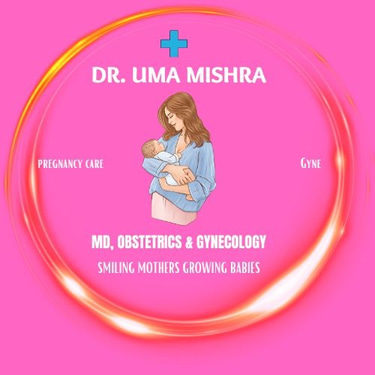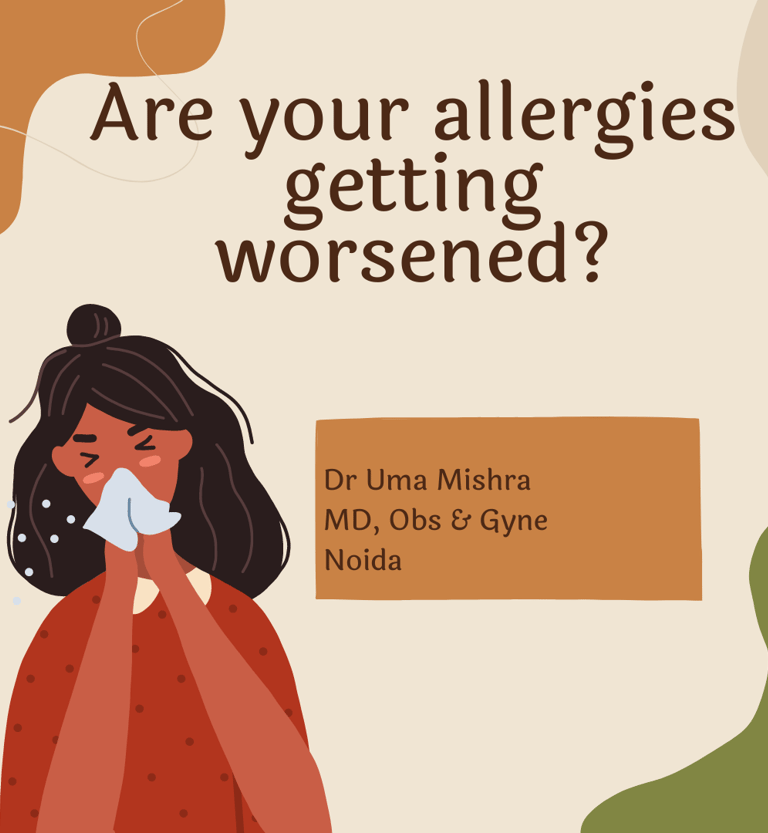Why Allergy Testing Before Pregnancy is Crucial: Benefits and Precautions for a Safe and Healthy Pregnancy
The article "Why Allergy Testing Before Pregnancy is Crucial: Benefits and Precautions for a Safe and Healthy Pregnancy" provides valuable information for women who are planning a pregnancy and have allergies. The article explains the benefits of allergy testing before pregnancy, such as reducing the risk of allergic reactions, identifying potential complications, and choosing safe medications. The article also provides practical tips on how to avoid allergens, follow the doctor's recommendations for allergy medications, and keep the doctor informed about any allergy symptoms during pregnancy. By addressing common concerns and providing practical solutions, this article is a helpful resource for women who want to ensure a safe and healthy pregnancy for themselves and their baby.
Dr Uma Mishra
4/17/20233 মিনিট পড়ুন
Allergy testing is a medical procedure used to identify the specific substances, known as allergens, that trigger an allergic reaction in an individual's body.
It helps in diagnosing the cause of an allergic reaction and determining the appropriate treatment plan.
There are several different types of allergy testing that a healthcare professional can perform, including:
Skin prick test: In this test, a small amount of allergen is placed on the skin, usually on the forearm or back, and the skin is pricked to allow the allergen to enter the skin. If a person is allergic to that substance, the skin around the test area will become red, raised, and itchy.
Blood test: A blood sample is taken from the patient and tested for specific antibodies that are produced in response to exposure to certain allergens. This test is also known as a specific IgE test.
Patch test: This test is used to identify contact allergens that cause skin reactions. Small amounts of different allergens are placed on adhesive patches, which are then placed on the skin for several days. If a person is allergic to a specific allergen, a reaction will occur at the site where the patch was applied.
Elimination diet: In this test, a person is asked to remove certain foods from their diet to determine if they are causing an allergic reaction. If symptoms improve after eliminating certain foods and then return when the food is reintroduced, the food may be the cause of the allergic reaction.
Oral food challenge: This test is conducted under medical supervision, where the patient is given small amounts of a food they may be allergic to and then gradually increasing the dose to see if any reaction occurs.
Provocation testing: This test is usually reserved for severe allergies and is conducted in a hospital setting. A small amount of the allergen is introduced into the body, and the person is monitored for a reaction.
It's important to note that allergy testing should only be performed by a qualified healthcare professional, as allergic reactions can be severe and even life-threatening in some cases.
Allergy testing before planning a pregnancy can be advantageous in several ways.
Here are a few benefits:
Reducing the risk of allergic reactions: Allergies can cause severe reactions that may affect the health of both the mother and the developing fetus. By identifying any allergies before conception, steps can be taken to reduce exposure to allergens and prevent allergic reactions.
Identifying potential complications: Some allergies can increase the risk of complications during pregnancy, such as asthma, gestational diabetes, or preeclampsia. Knowing about these conditions beforehand can help the doctor provide appropriate treatment and care during pregnancy.
Choosing safe medications: Allergy testing can help the doctor choose the safest medications to treat allergies during pregnancy. Some allergy medications can harm the developing fetus and should be avoided.
If you have allergies, it is essential to take certain precautions during pregnancy to ensure the health of both you and your baby. Here are some tips:
Avoid allergens: If you know what triggers your allergies, try to avoid exposure to those allergens as much as possible. This may involve making changes to your diet, environment, or lifestyle.
Follow your doctor's recommendations: Your doctor may recommend allergy medications, such as antihistamines, nasal sprays, or eye drops, to help manage your symptoms. Be sure to follow their instructions carefully and only take medications that are safe during pregnancy.
Keep your doctor informed: If you experience any allergy symptoms or have concerns about your allergies during pregnancy, let your doctor know right away. They can provide guidance and make any necessary adjustments to your treatment plan.
Overall, allergy testing before pregnancy can help identify potential risks and complications, and taking appropriate precautions can help ensure a safe and healthy pregnancy for both mother and baby.
Dr Uma Mishra, MD, Gynecologist in Noida can advise you on how to test allergies and manage them during, before or after pregnancy. Consult Today.


